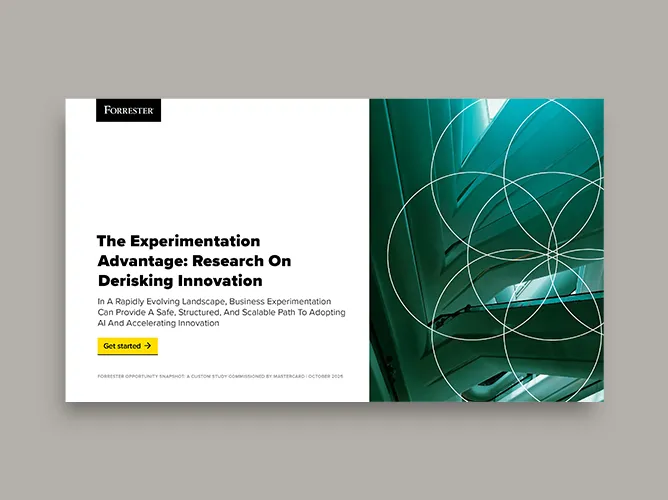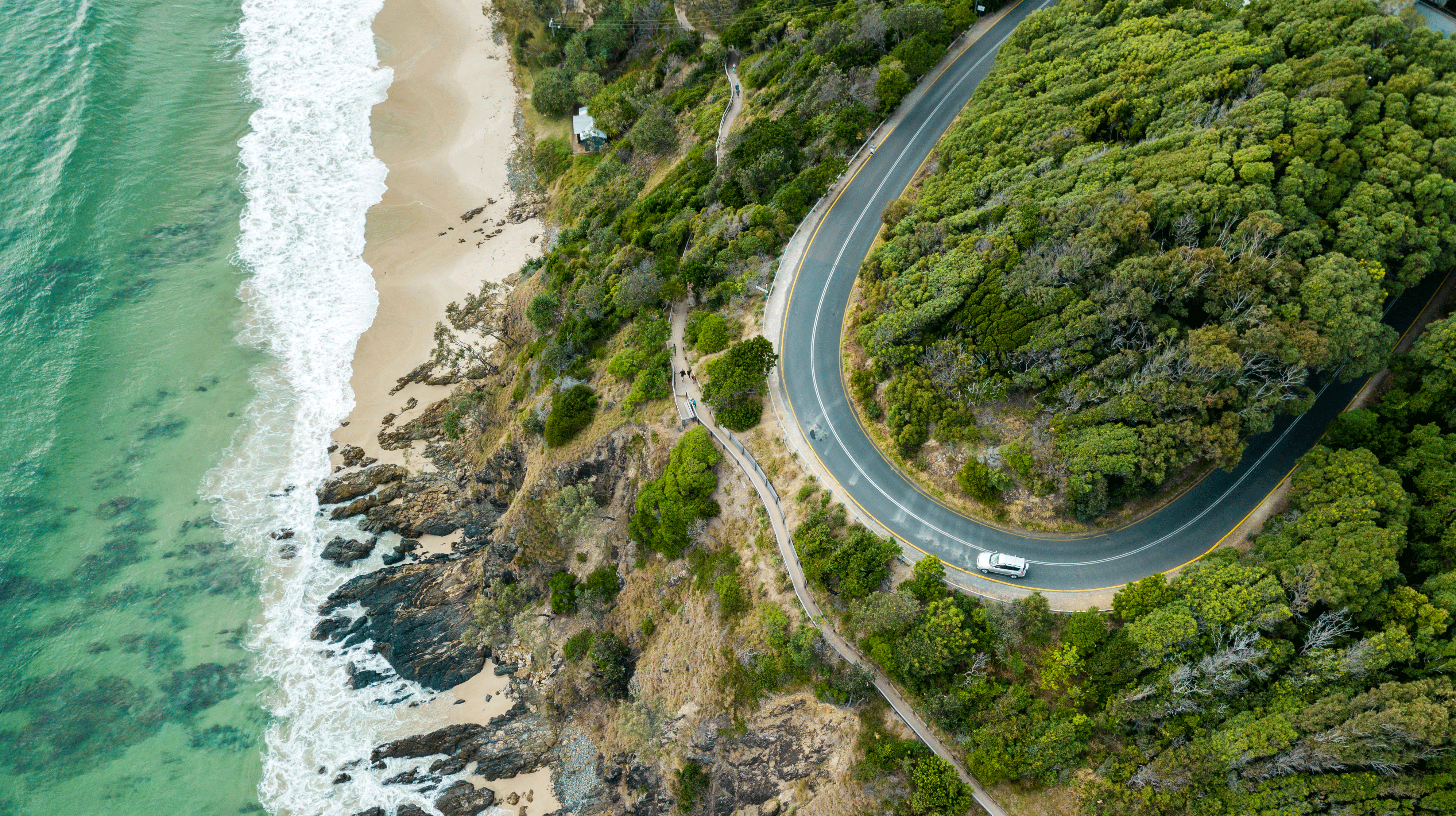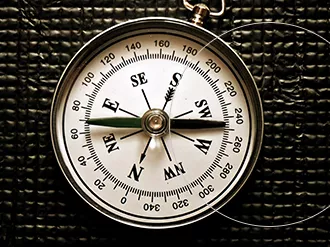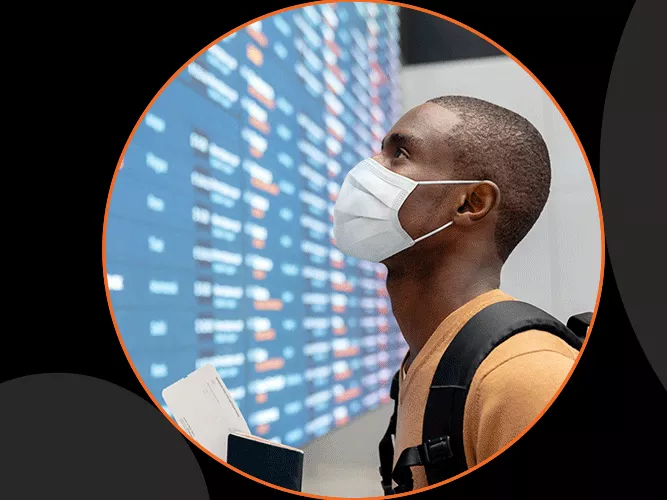Let us imagine we are in 2021, and the world has left behind the worst of Covid-19. No doubt, life has changed, and governments, companies and individuals are adapting to a “new normal.”
Our Chronicles series will help readers understand what is likely to be different in a post-Covid-19 world. We will also look at how players in the payments ecosystem are already adapting today to successfully emerge from this unprecedented shock to the economy and our daily lives.
This week we focus on rewards credit cards and how issuers are adapting their offerings to help consumers and protect their portfolios. This topic came to the fore due to the pandemic and lockdowns, which disrupted industries like travel. As a result, credit cards that offer earnings or redemption awards for travel may have made changes to continue to provide meaningful and usable benefits to cardholders.
Our hypothesis is that travel will recover in stages, and consumers will crave more certainty and immediacy regarding their cards as they begin to travel again. People may start to evaluate their current cards and seek tangible benefits to improve their cash situation or assist them in their everyday habits. Card issuers may adapt their offerings to cater to these consumer needs. Mastercard has even adapted some of its rewards programs to respond to evolving consumer preferences.
The situation and the response
While individual circumstances will vary, patterns may emerge where consumer segments face similar challenges. One example is the travel industry, which has been hit hard by the pandemic. Airlines had to scale back or eliminate flights over an extended period due to travel restrictions in many countries.
A separate dynamic emerged during the pandemic where many consumers wanted better control of their finances, regardless of whether that was due to immediate necessity or perceived fear of how circumstances may unfold. This personal financial control may take the form of paying down debt or increasing savings for unexpected emergencies.
Several credit card programs reacted by changing what they offer prospective and current cardholders. One issuer adjusted its product offerings to help cardholders with a $100 statement credit to offset its most popular card’s annual renewal fee. In another example, an issuer extended the time frame to reach the spend hurdle needed to receive the introductory sign-on bonus.
Some consumers have also used their rewards balances to help stretch budgets and purchase staples like toilet paper, cleaning products and bottled water.
Credit card issuers have offered several changes to provide value to cardholders, including:
- Shifting Uber ride credits that can also be used for Uber Eats
- Shifting rewards away from travel and restaurants over to remote collaboration tools
- Adding significant (3x – 12x) accelerators for earning rewards on multiple popular co-branded airline and hotel cards, as well as at least one bank-branded travel/general-purpose rewards card1
- One airline is letting cardholders earn miles on purchases from their favorite brands, and another is enabling loyalty members to bid airline mileage points for exclusive, personal virtual experiences2
Travel’s future and strategies for cardholder engagement
Travel’s recovery may resemble the concentric ripples formed by a pebble tossed in a pond. Travel closest to home may be the initial consumer test, followed by short-stay car trips, before expansion to regional domestic travel and finally international air travel. The recovery journey also depends on border openings and the return of consumer confidence, which depends on a vaccine and available therapeutics.
The first “testing of the waters” in travel may focus on wellness and adventure through road trips to local outdoor destinations, according to Mastercard’s new report, Travel Check-In: a Global Perspective. Roughly 46 million Americans plan to take an RV trip in the next 12 months, according to the RV Industry Association. One van rental business owner lost every reservation in March when the pandemic first hit but is now fully booked through September. This is an indication that people want to travel and remain safe through self-isolation.
"Issuers and merchants will need fresh approaches to maintain customer engagement in card loyalty programs as points earnings drop and travel redemption becomes more aspirational."
Issuer and merchant reward programs may consider the following to continue to deliver value and relevance to its customers despite uncertainty:
- New ways to earn rewards: Adopt accelerators to earn rewards for everyday spend categories, e-commerce transactions and favorite brands across merchant categories.
- Flexible redemption: Add a cashback option, which is essentially immune from category swings. Also, gift cards, merchandise and experiential options may be added to traditional travel-centric programs.
- Keep an eye on earn and burn: Monitor earn and burn performance to inform whether recent pattern changes remain or return to full or near-full recovery.
- Watch the bigger picture: Monitor travel industry trends to determine the shape and trajectory of recovery.
- Understand consumers: Conduct primary research among customers and prospects to understand specific customer sentiments, for greater relevance and specificity.
- Understand the market: Conduct secondary research on the card market landscape to know how to refine offers and messaging to remain relevant and competitive.
- Experiment: Test and learn to see if market research results translate to in-market results.
A closing word
Covid-19 is forcing card issuers to revisit their business strategies and objectives. Issuers should prepare for a shift in consumer priorities, whether due to personal financial circumstances or newfound concerns over leisure or business travel. The speed and extent of recovery to pre-pandemic levels is unclear, but various tools and strategies can help navigate the uncertainty. This is critical to retaining customers’ loyalty and engagement.
Every situation is different and every business different. For more guidance on card rewards programs, reach out to Fabrizio Burlando or Raul Escribano. Feel free to reach out to the Chronicles team with any other questions about the new normal.
1Glenbrook Market Intelligence Scan US Region Q2 2020.
2Mastercard Labs Travel Insights & Solutions, 2020











